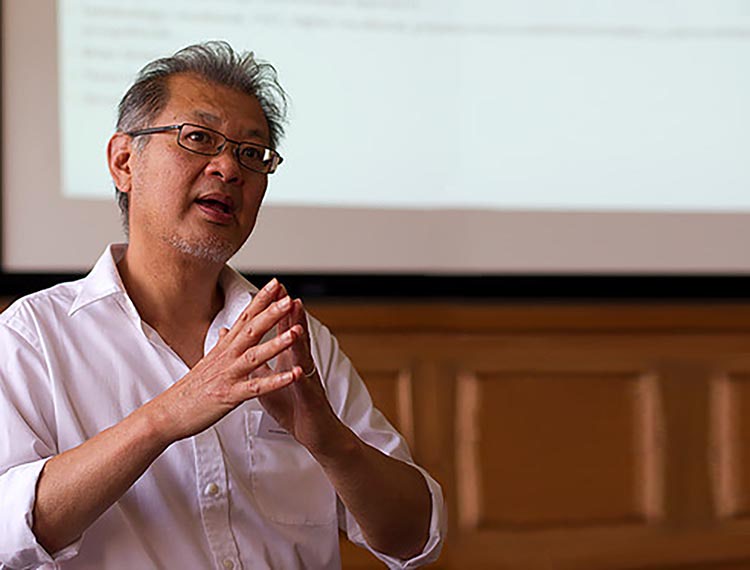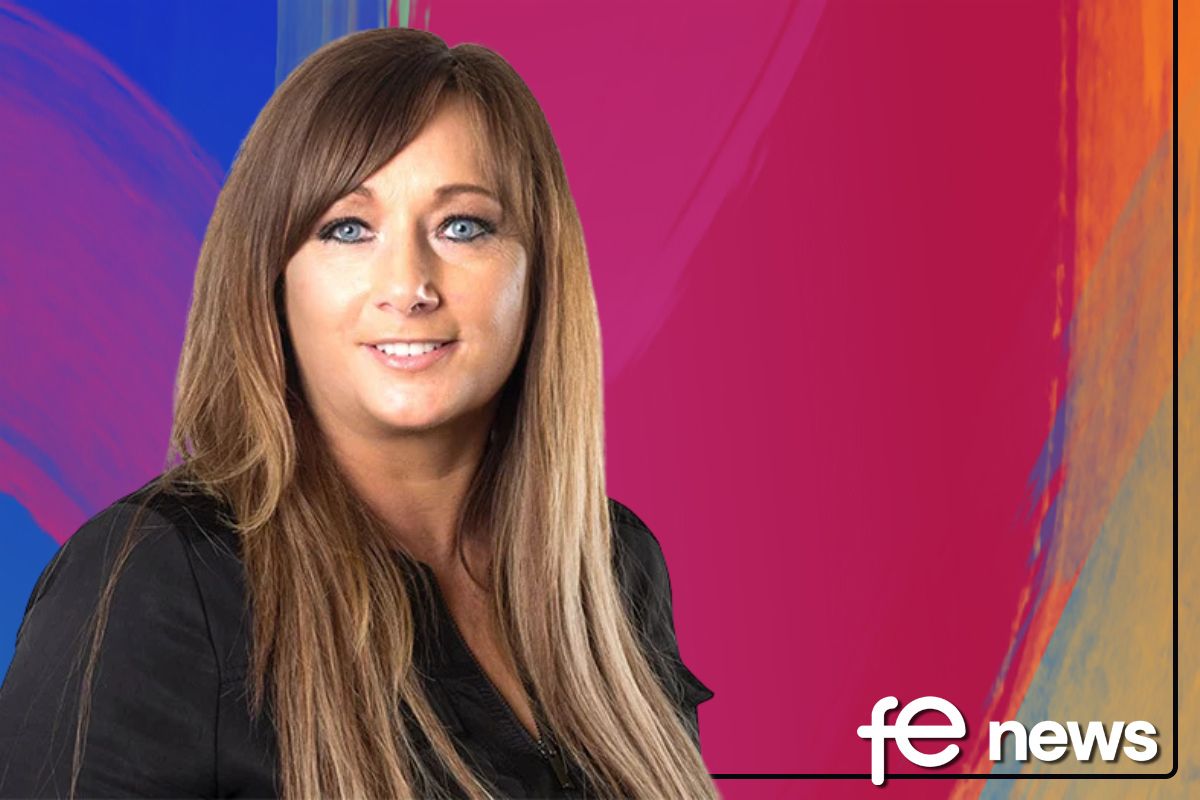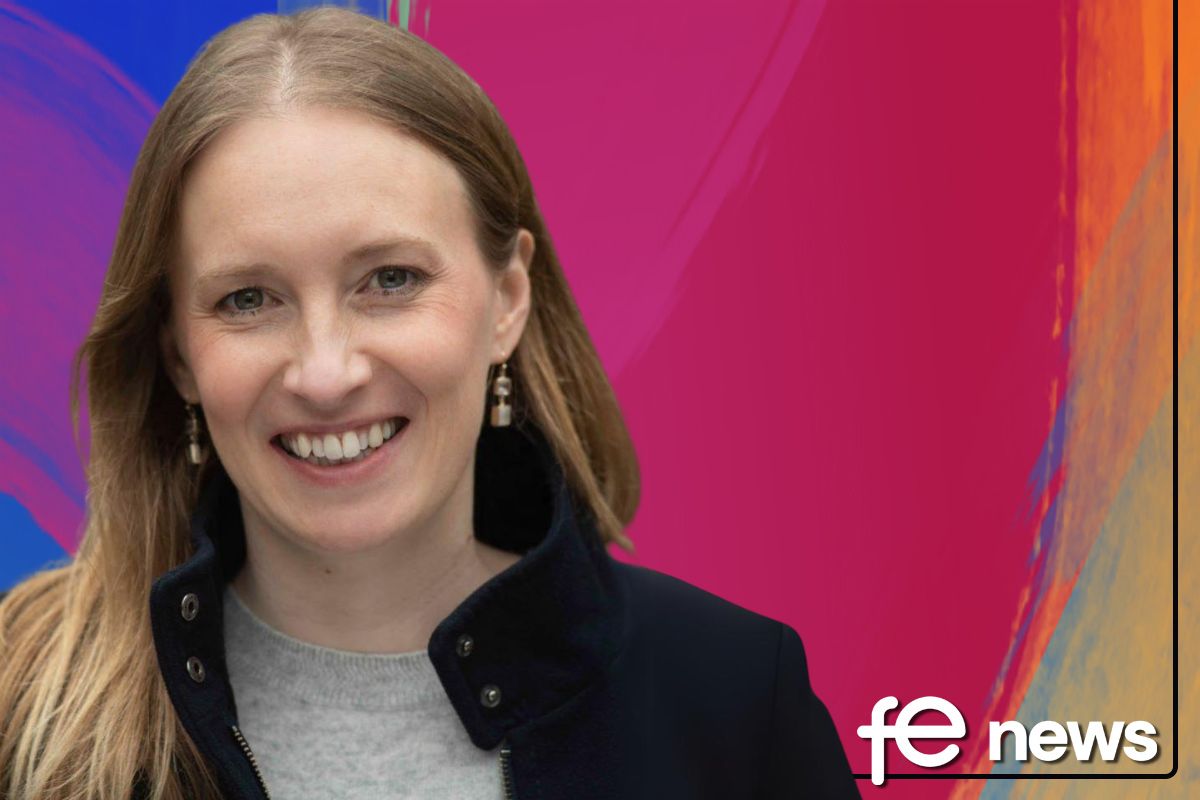Reconceptualising teacher education to improve widening participation in FE

Further Education, Professional and Occupational Pedagogy
This series of articles is taken from the research monograph, Further Education, Professional and Occupational Pedagogy: Knowledge and Experiences (Loo, 2019).
The first article centred on FE teachers’ professional identities, the second article on their emotional ecology, and the third, on reconceptualising teacher education as part of a strategic approach to widening participation. The findings are based on empirical data using a questionnaire, and semi-structured interviews of eight participants (all with vocational/occupational experiences) were carried out.
Teacher education and training as an approach to widen participation in the FE sector
The focus of this final article is on rethinking widening participation (WP) from the traditional approach on students alone and on the teaching perspective, as learning and teaching are significant variables in any pedagogic equation.
So, the question I would like to examine is how do we offer quality teaching to help improve these disadvantaged learners (especially those on vocational programmes)?
We may do this by:
- Starting with teaching knowledge and how this may be used in teaching, and
- An educational solution to train quality teachers to deliver on these programmes where educational and disciplinary know-how are given equal emphasis.
This article uses empirical data from two projects.
Relevant literature
For quality teaching to happen, we (especially teacher educators) should know what constitutes teaching know-how and its applications so that we can guide WP learners. Also, we need to train teachers to critique their teaching (via peer review reflection) using digitally recorded teaching sessions (via multimodality concept).
Teaching know-how and its application
Teaching know-how includes disciplinary knowledge such as mathematics and physics (Becher, 1994), especially where WP learners are more likely to take occupational/vocational courses. These courses may include fashion and textiles, gas fitting, equine, and travel and tourism areas. The content level of the disciplines (e.g., physics in a Level 3 gas fitting course) may not be the same as that in an equivalent academic programme (Level 3 physics) (Winch, 2015).
However, the content level is related to its relevance to that vocational requirement (Loo, 2018). Shulman (1987) provides us with a classification of seven types of teaching knowledge, such as knowledge of the learners. This knowledge helps us think about our WP learners to help them engage with learning. Loughran et al. (2003) research focus on the hidden or tacit aspects of teaching know-how in their 12 ‘Principles of teaching for quality learning’.
Ideas such as peer learning and raising learners’ awareness of independent learning would be useful to WP learners. Verloop et al. (2001) offer six forms of teacher knowledge such as the subject matter, student comprehension, curriculum and instructional techniques. WP teachers might be helped to analyse their interactive cognitions, such as choosing the appropriate teaching strategies for a specific vocational session. Clandinin (1985) provides the term ‘personal practical knowledge’ to help WP teachers to examine their personal and professional experiences relating to emotions and morals. Loo (2014) develops this concept to cover personal, occupational and educational experiences for FE teachers.
Regarding the application of teaching know-how, recontextualization (Bernstein, 1990) provides us with a way of understanding how teaching know-how may be used in teaching concerning how aspects of a vocational curriculum are chosen, ordered and using strategies to deliver to the WP learners.
Proponents of Bernstein such as Evans et al. (2010) and Loo (2012; 2014) have developed the recontextualization concept to encompass occupational delivery. Evans et al. (2010) develop Bernstein’s concept further to include four types of the process covering content, pedagogic, workplace and learners. Loo (2012) focuses on occupational teachers’ application with his ‘specific’, ‘metaphoric’ and ‘generic’ recontextualization approaches. Loo (2014) further adds ‘ongoing recontextualization’ (with two sub-types) to show how disciplinary and everyday know-how may be modified and reconfigured for occupational practices.
Use of digital teaching session recordings
Regarding the training of teachers for quality delivery to WP learners, ‘multimodality’ and ‘reflective peer review’ concepts are used. Multimodality (Kress, 2010) identifies modes such as gestures, imagery, music, room environment, and speech to analyze the teaching of digitally recorded sessions.
For WP teaching of occupational courses, one needs to consider work-related experiences and how these may be reflected in an educational setting using teaching strategies such as demonstrations. Pollard et al. (2008, p. 49) suggest that ‘critical reflections and systematic investigations’ are crucial to a lecturer’s professional development. A supportive peer review structure using a multimodality approach is used to assist teachers to heighten their awareness of their strengths and weaknesses in their deliveries to disadvantaged learners.
Results
Like in the previous section, this discussion is divided into two parts of teaching know-how and digital teaching recordings.
Teaching know-how and its application
Ann teaches journalism and radio production in an FE college. Despite attended Oxford University for her first degree, her background was humble. Her parents died when she was a teenager, and she had counselling. Ann had travelled, lived and worked abroad before returning to the UK. She empathises with her learners from disadvantaged backgrounds.
Their need for guidance in the perceived social values when completing their jobs application forms was apparent. Her students thought that ‘watching films’ was acceptable as a hobby. The WP learners’ ‘social disparity’ has resonance with Bernstein’s restrictive codes of the ‘working classes’. Ann’s ‘social crusading’ attitude is based on her modest background, and her wanting her disadvantaged students to ‘up their game’ was reliant on her academic and occupational experiences.
Rich, like Ann, teaches at an FE college in information technology. He also practices in graphic design, palmistry, homoeopathy and reflexology. He originally came to the UK from Australia via Switzerland and the US. Rich uses his ‘game-playing’ approach in engaging with his IT learners by giving them time to be aware of the importance of independent learning and to eschew the materialistic trappings of our brands-oriented society. He does this by relying on his rich life and occupational experiences.
These exemplars refer to their life, occupational and teaching experiences (Clandinin, 1985; Loo, 2012, 2014). Ann and Rich know their WP learners (Shulman, 1987; Verloop et al., 2001; Loughran et al., 2003). They use their know-how to recontextualize, making it relevant to their WP learners (Bernstein, 1990; Evans et al., 2010) ending with the appropriate learning strategies (Loo, 2018).
The broader view of teaching knowledge is useful in thinking about curriculum development such as content, learner’s knowledge and relationships between deliverers and students. The eclectic perspective of teaching know-how and its application via recontextualization processes may facilitate quality teaching in the next part for our WP learners.
Use of digital teaching session recordings
Cori teaches dental hygiene and practices as a dental hygienist. In critiquing her digital recorded teaching session on ‘Taking History’ with her peer (teaching) group (as part of a research project), Cori made these comments:
I feel, talking to my line manager coming out of this project that the students need more help in an effective speaking role because they [the dental hygiene students] have to do this role play. I’m looking into setting up a new module next term where we video students doing this role-play to try and get them over this.
The other thing they have to do is to get tutors to act as patients and fire questions at them and to talk to the tutors like their patients. Currently, they have huge problems when they know that know quite a lot about gums but trying to put the information across to a patient who may know nothing about it and to be able to talk in a patient language.
In this project using multimodality (Kress, 2010) and reflective peer review (Pollard et al., 2008) frameworks, the project participants identified some modes for investigation. The modes include communication skills of learners and the teacher (Cori), role-play in pair-working, a simulated setting of a dental hygiene cubicle, the related equipment, curriculum of taking the oral history of learners posing as patients, etc.
This approach gave the teachers / participants additional time and space to reflect on their colleague’s teaching. The other theme includes learning from peer-review interactions.
The related comments are:
This approach [review of the digital recording of the dental hygiene teaching session] allows you to see how others deal with pedagogic situations and can then compare to how I deal with my teaching situation that may be similar. A discussion is so important, but it should not replace a live observation. I think the value of the camcorder is for fine-tuning. Once you have been down the line of doing teaching and having been observed, you can then improve your teaching by watching.
The actual hands-on of a teacher coming into the classroom and seeing the whole class atmosphere is also relevant. However, there is a place for the videoing of the sessions… I think it is really useful how other colleagues [not the teacher educator as expert] teach. I could have done with more subject specialist feedback, especially in specific contexts. The use of video recording can be used to adjust this lack of live subject specialist observation.
(Lou)
One pertinent use of the recording is an opportunity to study generic pedagogic practices and discipline-related issues in addition to the other stated multi-modes. The combination of multimodality and reflective peer review can offer a 360-degree vision of teaching and learning, which will only facilitate quality educational experiences for our WP learners.
Summary
In this final paper, we saw how a wider perspective of teaching know-how alongside a focused approach using digitally recorded teaching sessions via multimodality and reflective peer review reviewing could enhance the teaching and learning experiences of FE teachers and WP students on occupational programmes.
Dr Sai Loo, UCL Institute of Education, University College London
Sai Loo (PhD, MA, BSc, FHEA, ACA, FETC) has taught in FE and worked in industry as a Chartered Accountant. Sai has published over 120 articles, conference papers and keynotes (84 per cent are single-authored) including six research monographs with Routledge. His research area is ‘occupational education’ across teaching, learning and work settings from pre-university to professional education.
References
Becher, T. 1994 The significance of disciplinary differences. Studies in Higher Education, 19: 151–161.
Bernstein, B. 1990 The Structuring of Pedagogic Discourse: Class, Codes and Control. London, Routledge.
Clandinin, J. 1985 Personal practical knowledge: a study of teachers’ classroom images. Curriculum Inquiry, 15(4): 361–385.
Evans, K., Guile, D., Harris, J., Allan, H. 2010 Putting knowledge to work: a new approach. Nurse Education Today, 30(3): 245–251.
Kress, G. 2010 Multimodality: A Social Semiotic Approach to Contemporary Communication. London, Routledge.
Loo, S. 2012 The application of pedagogic knowledge to teaching: a conceptual framework. International Journal of Lifelong Education, 31(6): 705–723.
Loo, S. 2014 Placing ‘knowledge’ in teacher education in the English further education sector: an alternative approach based on collaboration and evidence- based approach. British Journal of Educational Studies , 62(3): 355–372.
Loo, S. 2018 Teachers and Teaching in Vocational and Professional Education. Abingdon: Routledge.
Loo, S. 2019 Further Education, Professional and Occupational Pedagogy: Knowledge and Experiences. Abingdon: Routledge.
Loughran, J., Mitchell, I., Mitchell, J. 2003 Attempting to document teachers’ professional knowledge. Qualitative Studies in Education, 16(6): 853–873.
Pollard, A., Anderson, J., Maddock, M., Swaffield, S., Warin, J., Warwick, P. 2008 Reflective Teaching: Evidence-Informed Professional Practice. London: Continuum.
Shulman, L. S. 1987 Knowledge and teaching: foundations of the new reform. Harvard Educational Review, 57(1): 1–22.
Verloop, N., Van Driel, J., Meijer, P. 2001 Teacher knowledge and the knowledge base of teaching. International Journal of Educational Research, 35(5): 441–461.
Winch, C. 2015 Towards a framework for professional curriculum design. Journal of Education and Work, 28(2): 165-186.











Responses